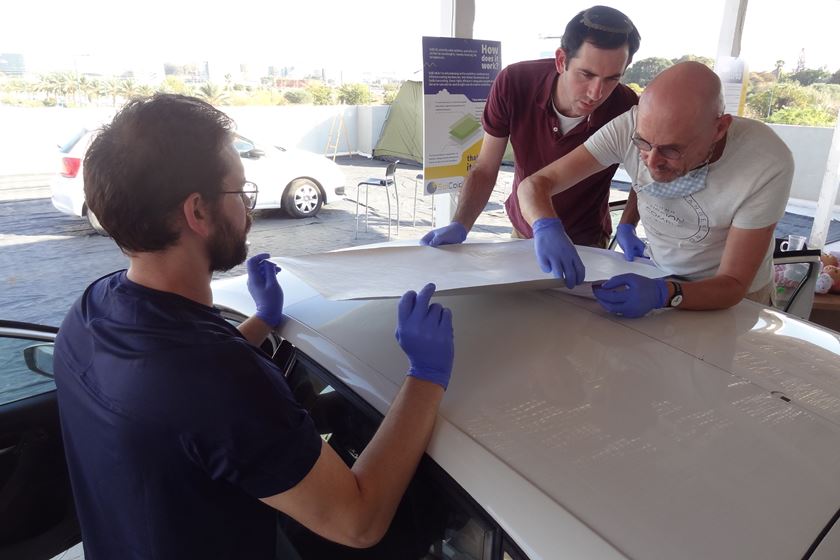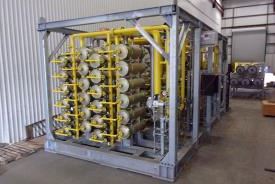Dot-Commentary: Roar of the Paper Tiger
I first saw the film 2001: A Space Odyssey sometime in the mid-1980's.
I first saw the film 2001: A Space Odyssey sometime in the mid-1980's. At the time, one of the things that fascinated me was the premise that some of the technical achievements featured in the movie might come to exist within the span of a decade or so. Indeed, some of Arthur C. Clarke's prospects have become reality. An international space station is currently being constructed, and I am at times convinced that my computer is evil.
As I think about that film, I'm reminded of some of my own expectations for the future. I am, for the most part, pleased and surprised with how far we've come. I could never have predicted the power and popularity of the Internet, or some of the advances we've made in the field of genetics. That said, one area in which I am disappointed is the fact that the concept of the paperless office has yet to become a reality. While I never truly expected to live a paper-free existence, I can tell you that I, personally, am using more paper now than I was five years ago.
Featured Content
Given the widespread availability of Adobe Portable Document Format, the cost-effectiveness of document imaging technology, and the existence of Electronic Data Interchange, you would think that paper-use would be at an all-time low. But in fact, worldwide paper consumption is increasing. A recent study conducted by the PaperCom Alliance found that consumption of paper in 93 countries has actually increased by more than 25% in the past six years. Why?
For one, I think that we as human beings still have a strong—almost primal—need for tangible documentation of our thoughts and exchanges. Sound corny? Consider this: with the exception of certain oral traditions, man has always had something physical to show for his journalistic efforts, be it a cave wall or a legal pad full of scribblings. Is it realistic to expect that we might completely abandon a behavior developed over the course of thousands of years in the span of a few short decades?
I think we're also motivated by fear. Just as my Grandparents—children of the Great Depression—stockpiled food in even the best of times, I find myself printing out back-up copies (and back-ups of my back-ups) of almost every online article, e-mail, electronic invoices, bills, and receipts—all for fear of losing the electronic versions in some massive worldwide computer crash. Is this a rational fear? Definitely not. But then again, most fear is irrational in nature.
Finally, there's the perverse irony of technology, much of which is designed, in part, to reduce paper consumption. Thanks to the Internet and high-speed access, we can go online and find almost any document in a matter of seconds. And since printing the document out takes only few seconds more, we usually don't think twice before clicking the "print" button. Want to share your discovery with your colleagues? No problem. Just send them the link via e-mail so that they can print it out as well. In turn, each of them may forward the e-mail on to a handful of people, and so on. Apply this logic to a large document like the EPA's MP&M Regulations, and it's easy to see how entire reams of paper can be expended in a matter of minutes.
In spite of my gripes, I remain hopefully optimistic. The IRS has made it easier than ever to file taxes online. When I fly, I typically do so with the aid of an electronic ticket. And I'm even getting better at resisting the temptation to print out every piece of content that I find online. Let's talk again in 2006.


















